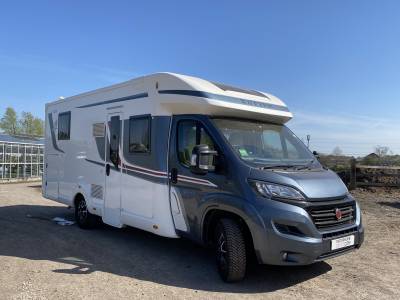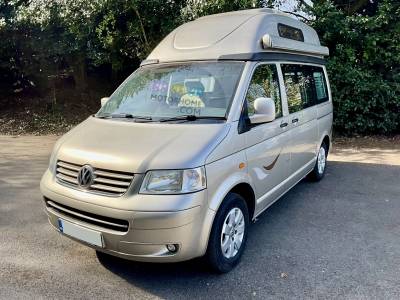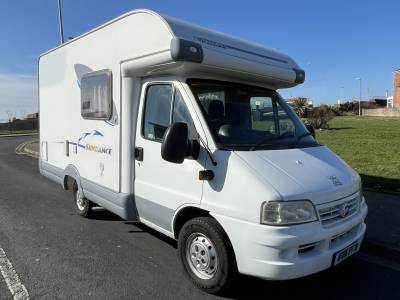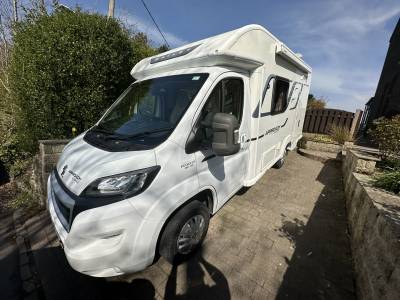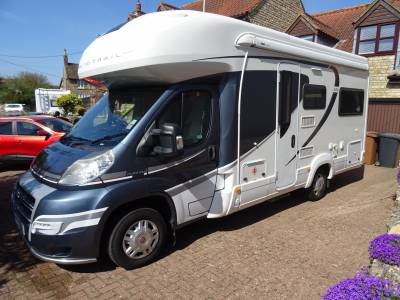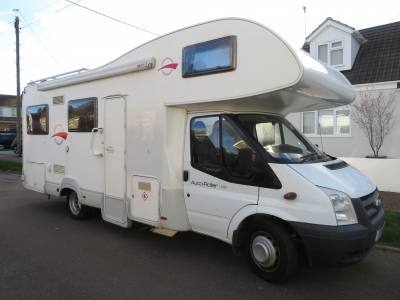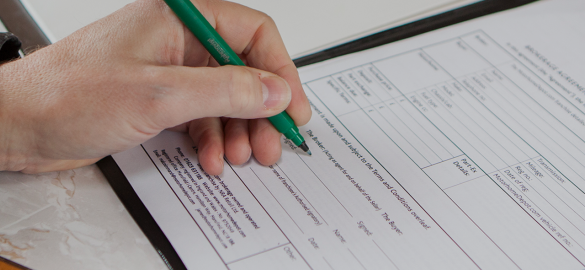
Five Things to Consider About the Transition to Electric Motorhomes
I think it's fair to say that the Government surprised most people with their announcement last week. No new petrol or diesel cars or vans (on which motorhomes are based) to be sold in the UK after 2030. So what does this mean for motorhome owners? Will an electric motorhome be fit for purpose? What will happen to the value of my existing motorhome? Will petrol and diesel motorhomes be scrapped?
The 2030 deadline sounded pretty dramatic, but in truth, there is no need to panic. Transition away from petrol and diesel is likely to be gradual and without any great shocks. Here are five things that are likely to play out and make the changeover relatively painless:
Another Ten Years of Petrol and Diesel Motorhomes
It seems likely that motorhome manufacturers will continue to build and sell petrol and diesel motorhomes for some years to come. Whether that will be right up to the 2030 deadline, time will tell. But if the demand is there, the transition from ICE (internal combustion engine) motorhomes to electric is likely to be gradual. If you want to buy a new diesel motorhome in eight years time, you will probably be able to.
The Petrol and Diesel Will Keep Flowing
All of our research into this area indicates that petrol and diesel will still be available for a long time - probably decades. The supply of fuel is certainly likely to outlast the lifespan of new ICE motorhomes sold up to 2030. If you buy a new motorhome in the next few years, buying the fuel to run it is not likely to be a problem after 2030. For used motorhomes, this will of course be even less of a consideration, as they will have a shorter remaining lifespan come 2030.
Ten Years is a Long Time in Battery Development
One of the biggest drawbacks of electric vehicles at the moment, and certainly motorhome sized vehicles, is their range. Current electric chassis capable of carrying the weight of a motorhome are likely to have a range of just over 100 miles. (That's a bit of inside info based on chassis arriving in the UK next year!) But ten years is a very long time in terms of how fast battery technology is developing. By 2030, range is likely to be a lot higher. New battery technologies are also being developed, so we may even be looking at a different type of battery with a much greater range by 2030.
Anyone for Hydrogen?
Hydrogen power is one of the fastest developing, heavily backed technologies around at the moment. It is more suitable for heavier vehicles like lorries, buses and even trains. However, there are already hydrogen powered cars available today, so I wouldn't best against hydrogen powered motorhomes in ten years time. This of course solves the range issue and refuelling times are also much closer to the few minutes you currently spend at the petrol station.
What About Used Motorhome Values?
Of course, no one really knows what will happen to the value of used ICE motorhomes in the future. On the one hand, there may be plenty of used electric vehicles available by 2030 and a robust used market. ICE vehicles may already be on the wain and government might be encouraging this with some taxation levers. All of which might make used ICE motorhomes less desirable with a consequent impact on prices.
However, come 2030, think about the likely difference in cost between a one year old diesel motorhome and it's new electric version. There is likely to be a huge gulf between the two. If so, there will be plenty of people happy to buy used and keep driving diesel motorhomes. If the demand is there, used prices might well get dragged higher during the changeover to electric.
So there you are. Early days, but there doesn't seem much to be concerned about as electric motorhomes slowly become the norm. There are a few issues to work through such as the weight of electric motorhomes. But in a way, it has been helpful of the government to set the date - it gives a clear deadline to iron out any issues that remain.
Outside of the narrow parameters of the motorhome world, perhaps the biggest hanging question at the moment is where will all of the (clean) power come from to charge the batteries. But we'll leave greater minds to worry about that one...
The Motorhome Depot Team.







